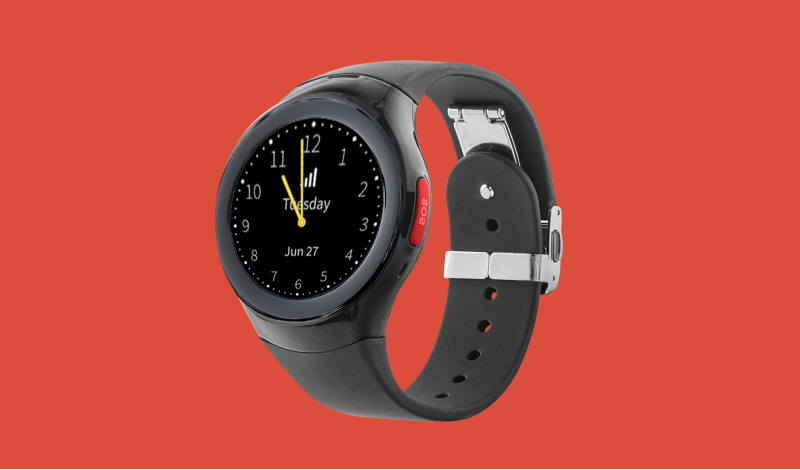When your senior loved one needs assistance at home, what type of care qualifies to be covered by Medicare or Medicaid? What type of caregiver is qualified to give support that will be covered under Medicare or Medicaid? If you’re looking to reduce the amount of money your loved one needs to pay out-of-pocket, understanding more about Medicare and Medicaid benefits can be helpful.
Here’s what you need to know about caregiving when it comes to both Medicare and Medicaid.
Medicare and Caregiving
Medicare will cover skilled caregiving at home, when that skilled care is:
- Prescribed by a physician
- Given through a Medicare approved home care agency
- Supervised by a nurse
- Given by a CNA (certified nursing assistant) or other licensed professional
Medicare caregiving at home is often covered for a short time, and is often provided after a hospital stay, surgery, or procedure. The goal of Medicare caregiving is to provide the support at home that a senior needs to get their strength, endurance, and confidence back in their home environment.
Caregivers employed through a medical home care agency are typically Certified Nursing Assistants (CNAs). These caregivers are paid through their home care agency. The home care agency documents all the hours provided to a client and bills Medicare directly for reimbursement.
Family caregivers are NOT eligible to be paid for their caregiving contributions through Medicare.
Medicaid and Caregiving
If your loved one needs assistance and support at home but does not meet the requirements for Medicare billing, they can still receive caregiving support through a home care agency. They can pay for these services out of pocket, or they can pay via Medicaid if they are eligible for that state benefit.
Medicaid pays for home caregiving services through Home & Community Based Service waivers. Caregivers come to the senior’s home to provide support and assistance with activities of daily living, including bathing, dressing, grooming, toileting, and mobility. In addition, they can assist with laundry, housekeeping, meal preparation, transportation, and companionship.
Caregivers are paid through their home care agency employer. The home care agency then documents and bills the hours of caregiving to Medicaid. Medicaid then pays the home care agency directly for those hours.
Caregivers who provide services that are covered by Medicaid do not need to be Certified Nursing Assistants. Instead, they are caregivers who have been trained through their home care agency. Most states do not have strict qualifications for home care caregivers, though all must clear a background check.
Family caregivers can be reimbursed by Medicaid for their caregiving contributions if:
- Their loved one is eligible for Medicaid
- The state their loved one lives in offers a patient-directed option where the senior can choose who their caregiver is
- You keep up with any paperwork or documentation requirements for billing purposes
Not all states offer a consumer-directed caregiver reimbursement payment, but many do. If your loved one is qualified for Medicaid, reach out to their representative to learn more about this option if you are interested in being paid for your caregiving contributions.
It’s also important to note that in some states, a family caregiver can be a spouse. While an adult child is the go-to assumption of a family caregiver, spouses also put in a significant amount of work supporting their partner at home. If you’re a spouse, ensure you check in with your state’s caregiver reimbursement program to see if you can be compensated for some of your time.
Qualities of a Good Caregiver
If you’re searching for a good caregiver for your loved one, consider these points when interviewing:
- Experience caring for a senior before
- Experience working with someone who has a similar diagnosis or needs as your loved one
- Friendly, approachable, and genuine
- Has been trained in how to safely assist with activities of daily living
- Excellent communicator with the client, family members, and others
- Clear background check
- Insured, if not employed by a home care agency
- Reliable
- Comes with good references
You also want to be sure any caregiver you work with has a personality that will suit your loved one. Not everyone is the same, and not every senior needs the same type of caregiver. An exceptional caregiver will find ways to connect with their clients and will adjust their approach to benefit the senior and not make the senior adjust to the caregiver’s preferred approach.















